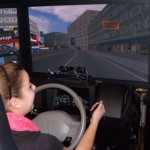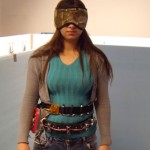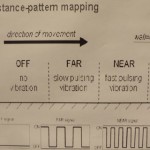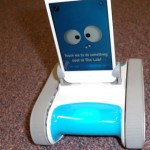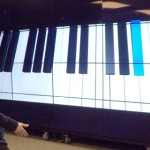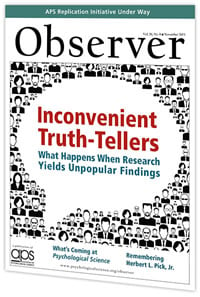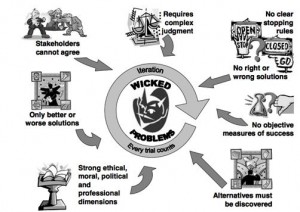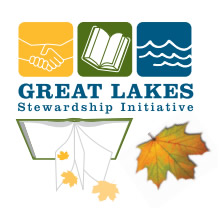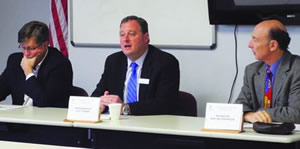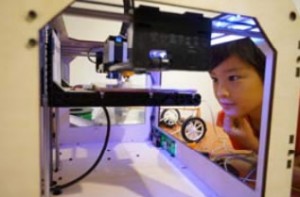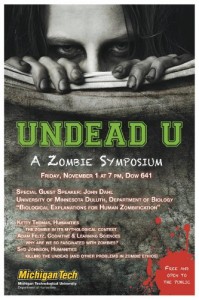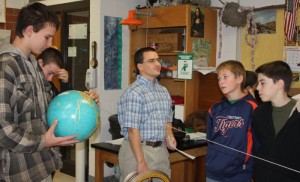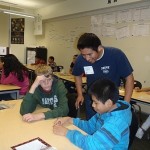
The Center for Science and Environmental Outreach staff (Joan Chadde, Lloyd Wescoat, Chad Norman) and two Michigan Tech students, Danielle Ahrens (Bio Med) and Megan Baker (SFRES), traveled to Wakefield to conduct a Family Science and Engineering Night event attended by 90 parents and K-6 students at Wakefield-Marinesco Elementary School on Nov. 19. The school said, “It was the best family science night ever!”
From Tech Today.
Michigan Tech Students to Lead Family Engineering Night at Grand Rapids
Michigan Tech students will lead a Family Engineering Night on Monday, Nov. 25, at Harrison Park School in Grand Rapids. Nearly 300 K-8 students and their parents are expected to attend.
The Michigan Tech students are part of the University’s Society of Hispanic Professional Engineers student chapter.
Read more at Tech Today.
The Western U.P. Center for Science, Math & Environmental Education and Michigan Tech University partners to
offer family science & engineering nights for elementary schools in Houghton, Baraga, Gogebic & Ontonagon Counties in Fall 2013-Spring 2014.
